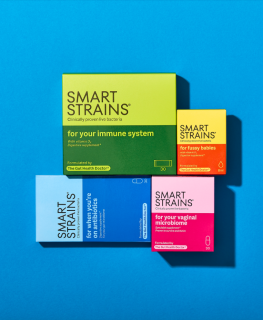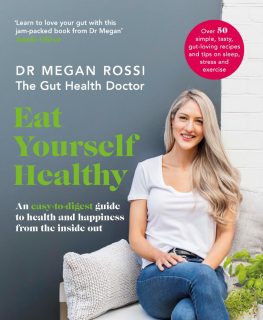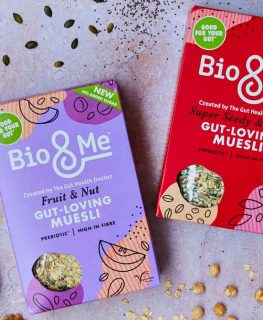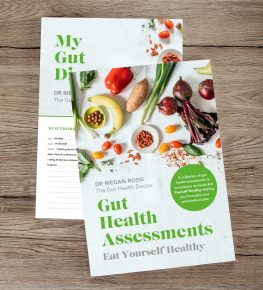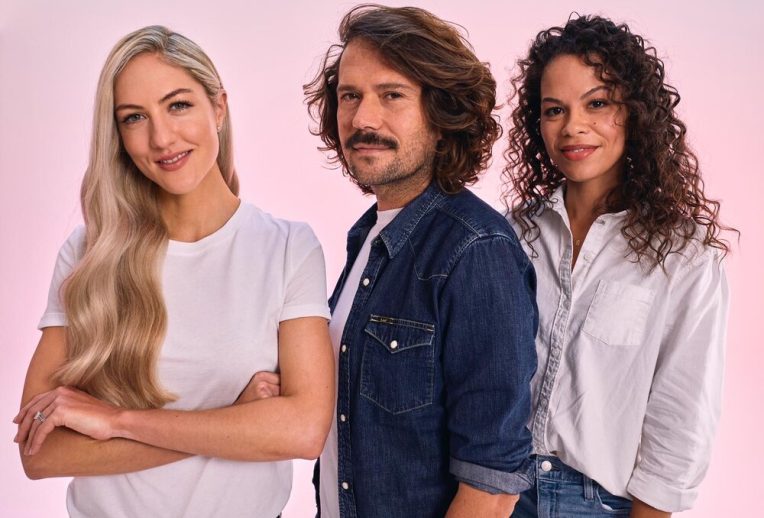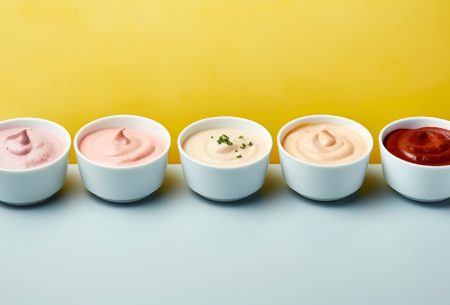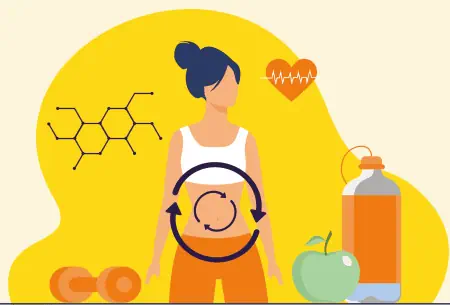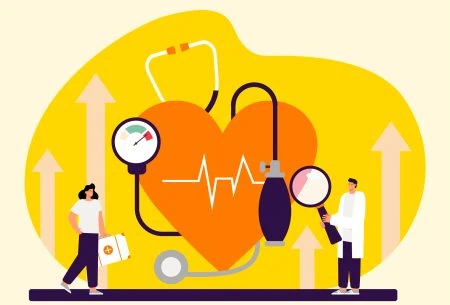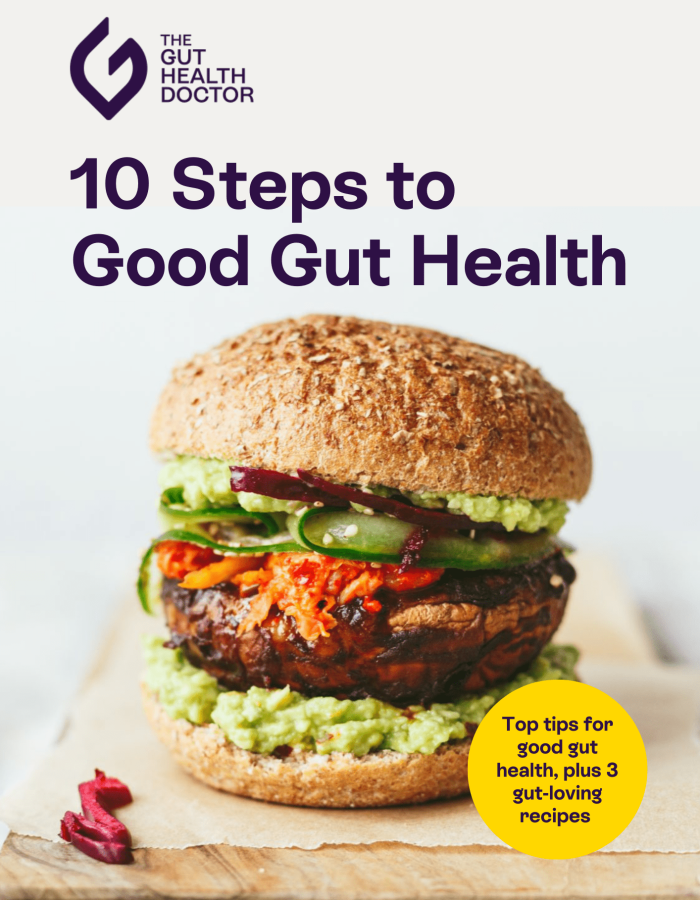Many women worry about hair fall and I’m constantly asked about the role of diet and gut health. So I’ve teamed up with luxury haircare brand Kérastase for the launch of their new anti-hair-fall range Genesis, to take a look at the science and bust some myths!
Spoiler: it’s probably not worth spending your money on those expensive collagen supplements.
Healthy hair and diet: what’s the link?
As with every part of the body, having a nutritious diet is super important for hair health. In fact, studies have shown that people following very restrictive diets, or ‘crash’ diets with dramatic weight loss, are at much higher risk of hair fall.
For optimal hair (and overall) health, I recommend having a very varied, inclusive diet, getting as much plant-based diversity as you can, with a broad range of nutrients including a good balance of macronutrients (carbohydrate, protein and fat). Avoid cutting out whole food groups – carbs and wholegrains are important! Aim for 30 different plant-based foods a week, including fruit, vegetables, wholegrains, legumes (beans and pulses), nuts and seeds.
While there’s not one specific ‘hair healthy’ diet, the Mediterranean diet has been shown to be incredibly nutritious, incorporating all six plant-based food groups. It also contains extra virgin olive oil, fermented dairy, fatty fish and small amounts of meat – great sources of nutrients linked with hair and overall health.
What about supplements?
For the majority of people, I recommend aiming to get all of your nutrients from whole foods, rather than supplements. Iron, zinc, B vitamins and D are thought to be key to keeping your hair healthy and you can get all of these nutrients by having a varied, balanced diet. Unless you have a deficiency, there doesn’t seem to be any benefit of adding in extra of these nutrients via supplements into your diet.
Over-supplementing vitamin A and selenium has actually been linked with hair fall in some people. Unlike supplements, however, Mother Nature has packaged these nutrients up in our food in safer doses.
Despite collagen often being marketed for healthy hair, there’s no clinical evidence for collagen supplements to promote hair growth. Yes, protein is important for healthy hair (most of our hair is actually made from a type of protein called keratin) and collagen is a protein, but your body can’t tell whether the protein building blocks (i.e. amino acids) needed to make your hair are coming from whole foods containing protein, or expensive collagen supplements. So go for the whole foods, which are not only much tastier, but save you money too!
One supplement that could be worth exploring is vitamin D. Interestingly for vitamin D, your skin actually produces most of it, however in the UK the government recommends taking a supplement during autumn and winter (October to March; 10micrograms per day for adults), when we’re not getting enough sunlight.
What if you’re following a vegan or vegetarian diet?
Those who are 100% plant-based tend to be at a higher risk of iron deficiency, as plant sources of iron aren’t as well-absorbed by the body, but it is still possible to get your recommended intake from whole foods.
If you’re relying on plant-based foods to get your iron intake, it’s worth remembering to add a source of vitamin C to your meals. Vitamin C, for example from citrus fruits, tomatoes and peppers, can help your body to absorb more plant sources of iron (called non-haem iron) found in many plant-based foods, including legumes, wholegrains and spinach.
Similarly with zinc (more commonly found in foods such as seafood, meat and fermented dairy), fermenting grains like sourdough or sprouting your legumes is thought to help your body better absorb the plant-based source of zinc. Why? Plant-based sources of zinc are typically bound to a plant compound, phytate, which inhibits the absorption of zinc. The process of fermenting and sprouting has been shown to help break down the phytate, releasing the zinc for better absorption.
Got a question about the link between nutrition, gut health and hair health? Comment below and we’ll answer as much as we can!
This post is part of a sponsored collaboration with Kérastase to raise much needed awareness around diet myths and hair fall.
Find out more about the science delivered by dermatologist Dr Laura Scott on the new Genesis anti hair-fall range by Kérastase here: https://bit.ly/2RZ13S3
